Artificial intelligence (AI) has become a transformative force across various sectors, reshaping how we work, learn, and interact. The term “AI application” refers to the practical use of AI systems and technologies to perform tasks that traditionally required human intelligence. From healthcare to education, finance to customer service, AI applications are revolutionizing processes by automating repetitive tasks, analyzing data, and enhancing decision-making. In this article, we explore the diverse applications of artificial intelligence, highlighting the underlying technologies and their impact on everyday life.
Understanding AI Systems and AI Models
At the core of AI applications are AI systems and AI models, which enable machines to simulate human intelligence. AI systems are designed to perform specific functions by processing data and executing algorithms, while AI models are the frameworks trained on data to recognize patterns and make predictions. These models often rely on machine learning algorithms and deep learning algorithms, which allow the system to improve its performance over time through experience.
Machine learning algorithms are essential components of AI software, enabling the analysis of structured and unstructured data to extract meaningful insights. Neural networks, inspired by the human brain’s architecture, form the basis of many deep learning models, facilitating complex tasks such as image recognition and natural language processing. The computing power available today has accelerated AI development, making it possible to process vast amounts of data in real time.
Applications of Artificial Intelligence in Various Sectors
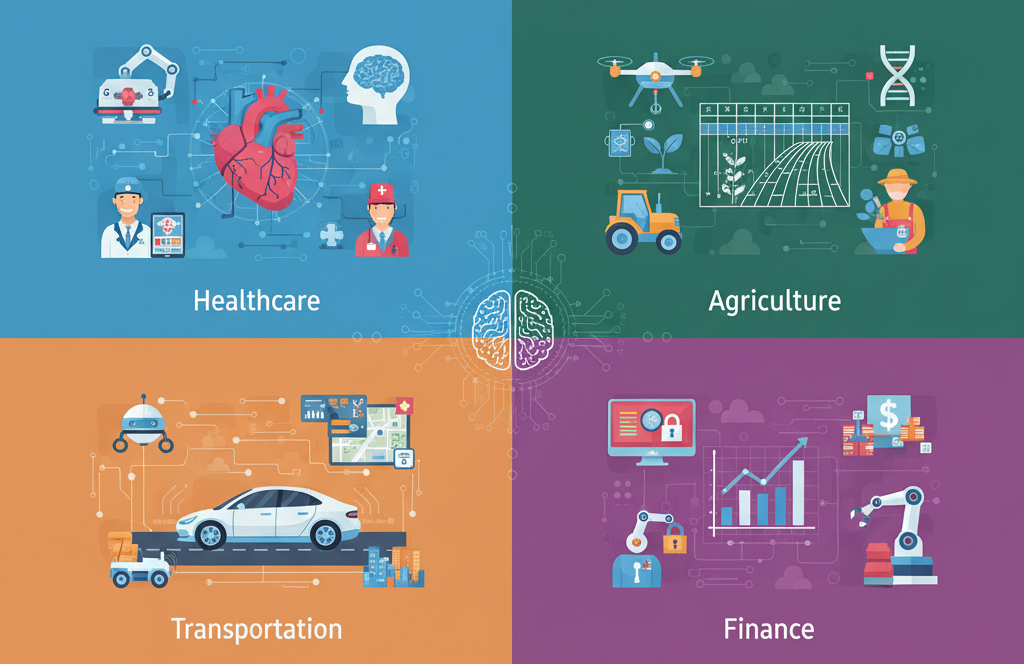
AI applications span a broad spectrum of industries, each benefiting uniquely from AI technologies. In healthcare AI, for example, AI-powered tools analyze health data to assist in diagnosis, predict patient outcomes, and personalize treatment plans. Finance AI utilizes predictive analytics and data analysis to detect fraud, manage risk, and optimize investment strategies.
In education, AI assists through adaptive learning platforms and learning management systems that personalize learning experiences based on student progress and engagement. These platforms leverage AI programs to analyze large datasets, enabling educational institutions to tailor content and pace to individual learners.
Human resources departments utilize AI-powered chatbots and AI applications to automate administrative tasks, streamline recruitment, and enhance employee engagement. Similarly, AI chatbots and virtual assistants improve customer service by handling routine tasks and providing real-time support, reducing the need for human intervention.
Manufacturing benefits from AI applications such as predictive maintenance, quality control through computer vision, and automation of repetitive tasks, increasing efficiency and reducing downtime. Retail leverages AI tools for personalized marketing, inventory management, and enhancing customer experience through virtual assistants.
Transportation and logistics utilize AI for route optimization, autonomous vehicles, and traffic management systems, improving safety and efficiency. Agriculture employs AI technologies for precision farming, crop monitoring, and pest detection, helping to increase yields and reduce resource use.
Energy sectors use AI to optimize grid management, forecast energy demand, and enhance renewable energy integration. In entertainment, AI algorithms personalize content recommendations, assist in content creation, and power interactive gaming experiences.
Legal and compliance sectors adopt AI for document review, legal research, and risk assessment, increasing accuracy and reducing manual workload. Environmental management uses AI for monitoring climate change effects, predicting natural disasters, and supporting sustainability initiatives.
These diverse applications demonstrate how artificial intelligence applications are transforming multiple sectors, driving innovation, and improving operational outcomes across the economy.
AI Technology Enhancing Everyday Lives
The integration of AI technology into everyday lives is becoming increasingly seamless. AI applications such as search engines use machine learning algorithms to deliver relevant results by understanding human language and preferences. Language translation and machine translation services leverage natural language processing to break down communication barriers globally.
Self-driving cars represent a remarkable AI application, combining computer vision, deep learning algorithms, and real-time data analysis to navigate complex environments safely. These AI systems perform tasks that require human capabilities, such as recognizing obstacles and making split-second decisions.
Moreover, AI-powered tools generate AI-generated content, automate repetitive tasks, and assist in data collection and analysis across various domains. This automation frees up human resources to focus on more strategic activities, enhancing productivity and innovation.
The Role of AI Algorithms and AI Programs in AI Development
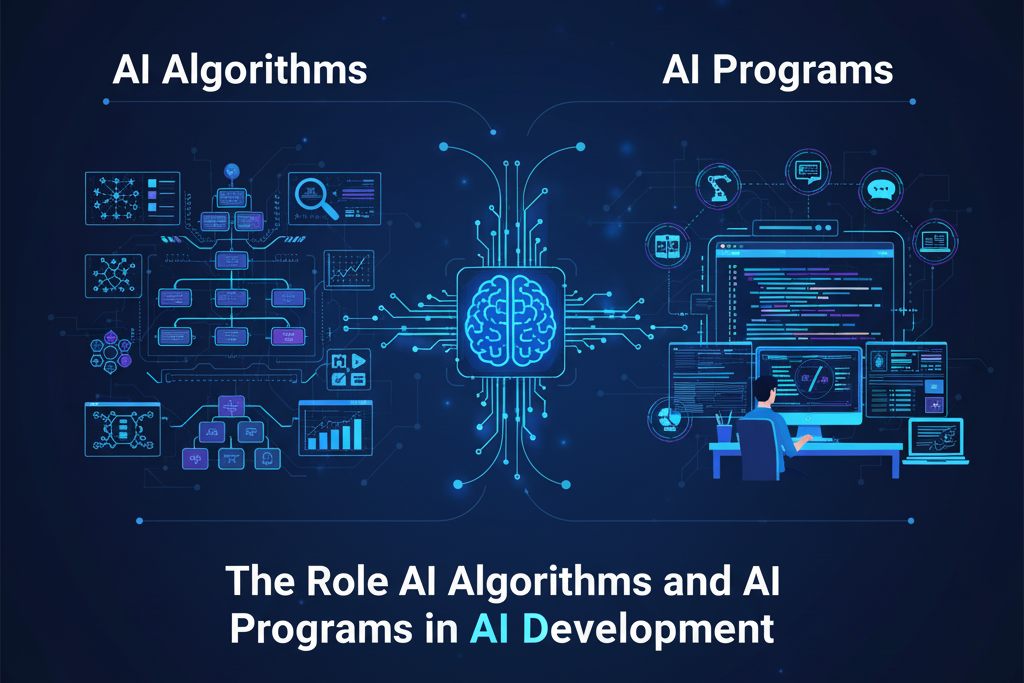
AI algorithms and AI programs form the backbone of AI application development. These algorithms process historical data and real-time data to make informed decisions, predict outcomes, and adapt to new information. Machine learning algorithms, including weak AI models designed for specific tasks, and the pursuit of strong AI or artificial general intelligence, which aims to replicate human understanding comprehensively, drive ongoing AI research.
AI platforms provide developers with tools and frameworks to build and deploy AI systems efficiently. These platforms support data science initiatives by facilitating data analysis, model training, and deployment, enabling organizations to utilize AI effectively.
If you have any idea or need, please do not hesitate to write down on the comment section!
Challenges and Future Prospects of AI Applications
While AI applications offer immense benefits, challenges remain in ensuring ethical use, data privacy, and minimizing bias in AI models. Human intervention remains crucial to oversee AI system outputs and maintain accountability.
Looking ahead, advancements in AI development promise more sophisticated AI applications that further bridge the gap between human intelligence and machine capabilities. The evolution of artificial intelligence AI continues to unlock new possibilities in fields such as personalized learning, healthcare diagnostics, and autonomous systems.
Conclusion
AI applications are reshaping industries and enriching everyday lives by automating routine tasks, enhancing data analysis, and supporting informed decisions. From AI-powered chatbots in customer service to adaptive learning platforms in education, the applications of artificial intelligence are vast and growing. As AI technology evolves, its integration into our daily routines will deepen, offering unprecedented opportunities to augment human capabilities and drive innovation across sectors. Embracing AI systems and AI models today paves the way for a smarter, more efficient future.
Frequently Asked Questions (FAQ)
What is an AI application?
An AI application is a software program or system that utilizes artificial intelligence technologies to perform tasks that typically require human intelligence. These tasks include data analysis, decision-making, natural language processing, and automation of repetitive tasks.
How do AI systems and AI models differ?
AI systems refer to the complete setup that performs AI tasks, including hardware and software components. AI models are the trained algorithms within these systems that recognize patterns and make predictions based on data.
What are some common examples of AI applications?
Common AI applications include virtual assistants, chatbots, self-driving cars, adaptive learning platforms in education, fraud detection in finance, and AI-powered tools in healthcare for diagnosis and treatment recommendations.
How does machine learning contribute to AI applications?
Machine learning algorithms enable AI applications to learn from data, improve over time, and make accurate predictions or decisions without being explicitly programmed for each specific task.
What challenges are associated with AI applications?
Challenges include ensuring data privacy, reducing bias in AI models, maintaining ethical use, and the need for human oversight to validate AI system outputs.
What is the future outlook for AI applications?
AI applications are expected to become more sophisticated, offering enhanced personalized learning experiences, improved healthcare diagnostics, autonomous systems, and broader integration into everyday life, driving innovation across industries.




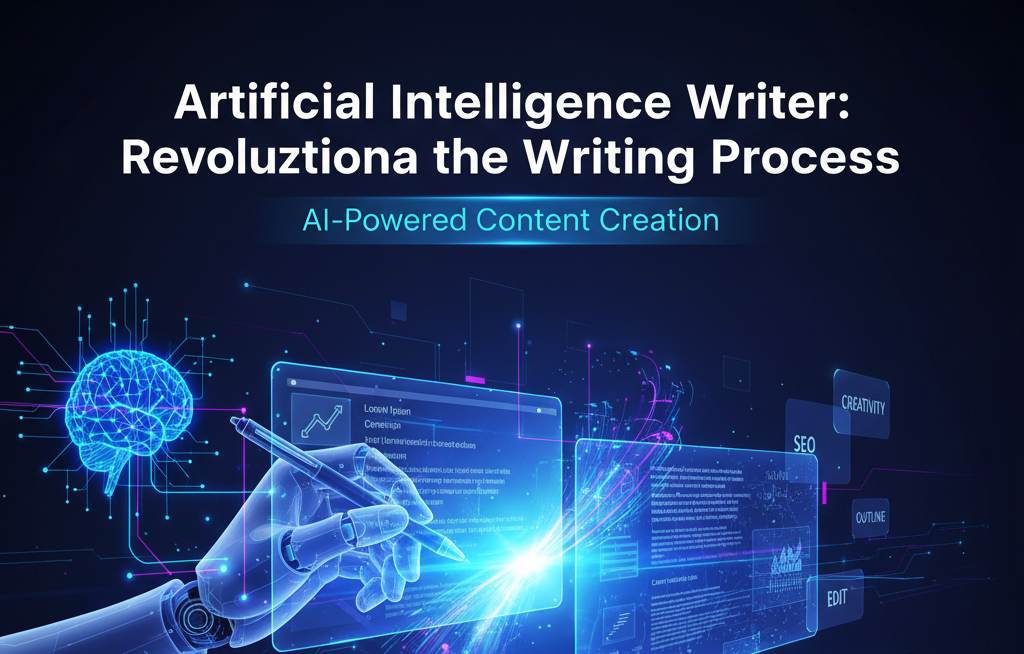
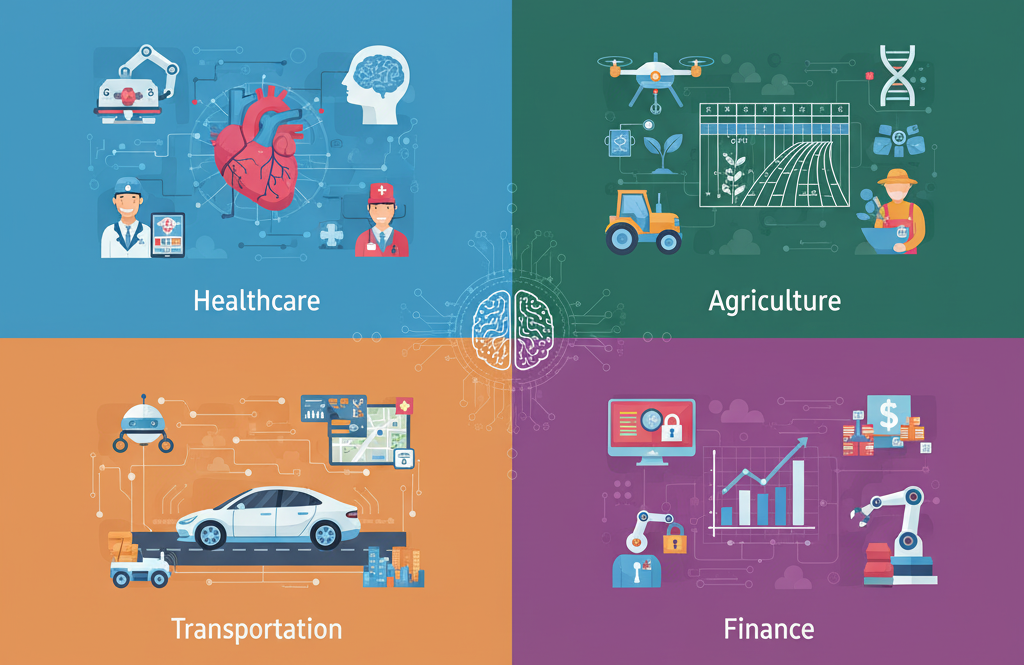
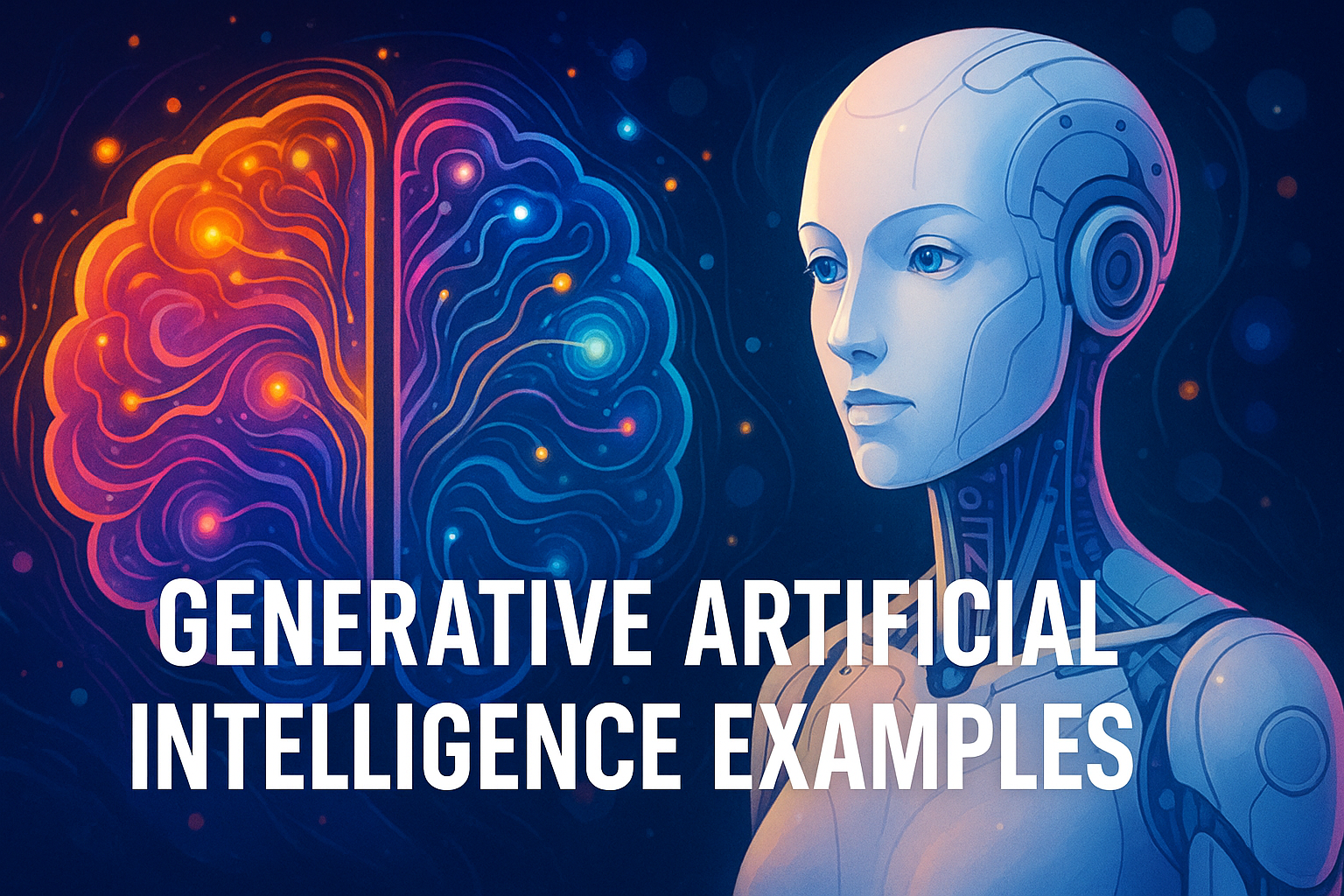
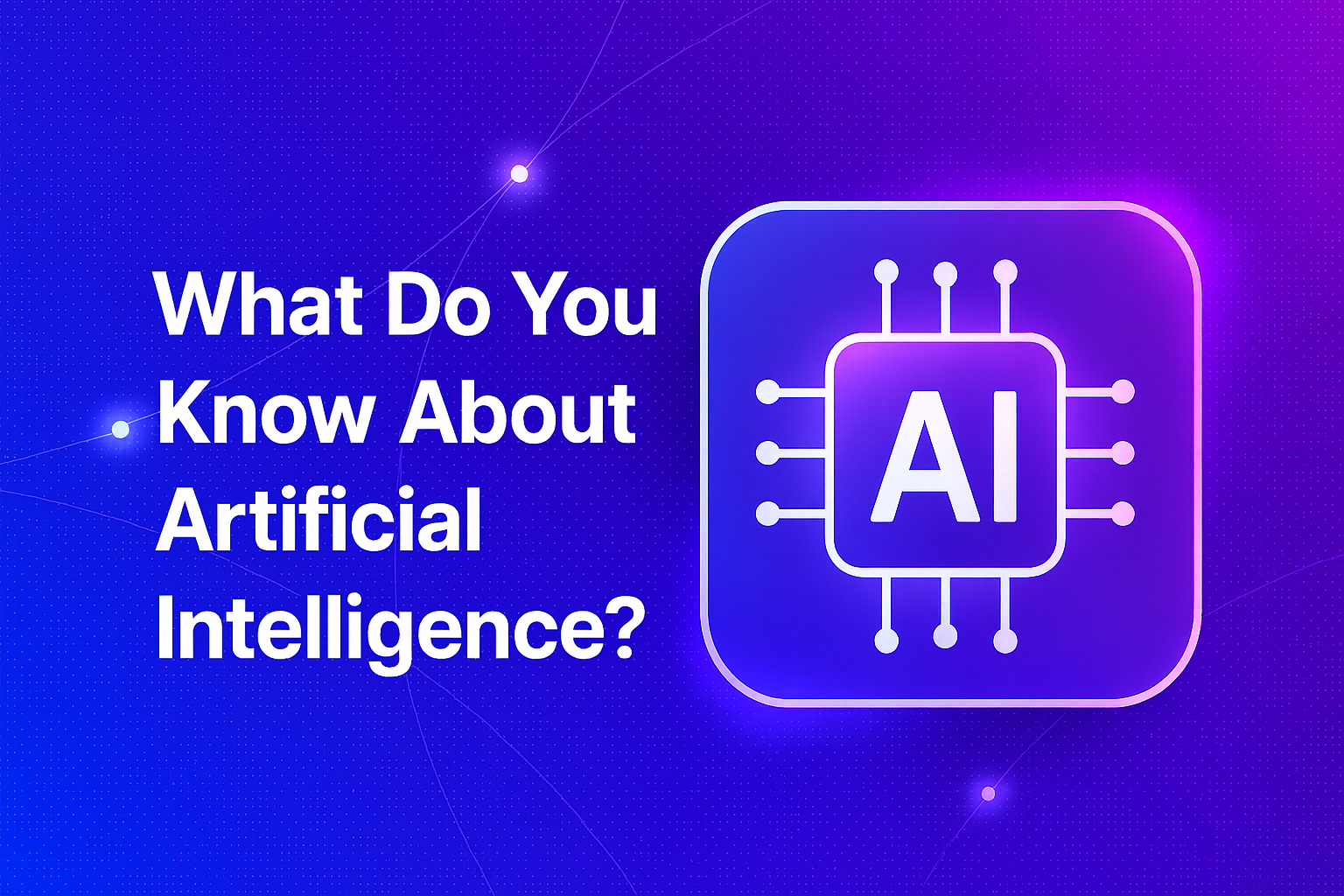
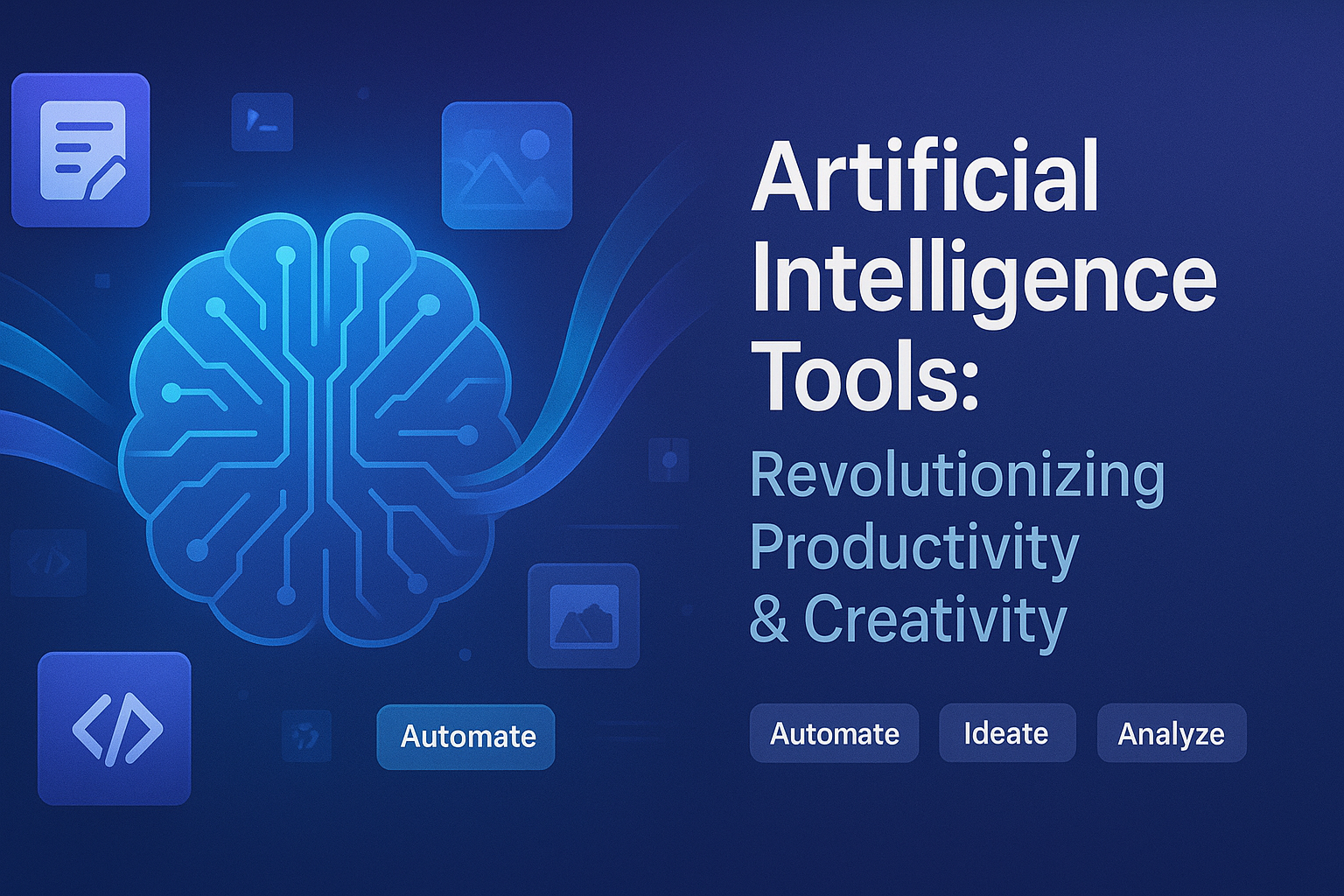
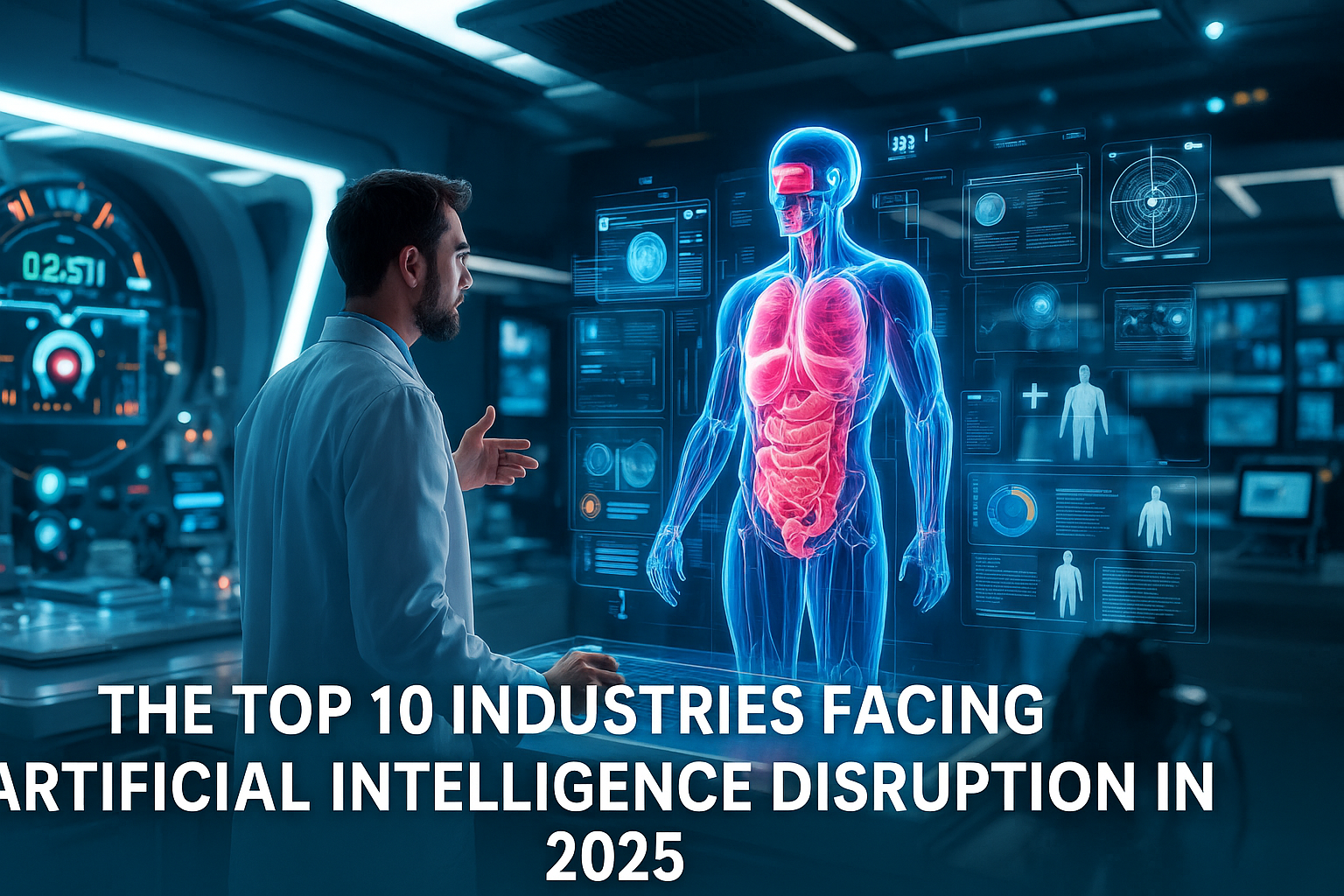
Leave a Reply